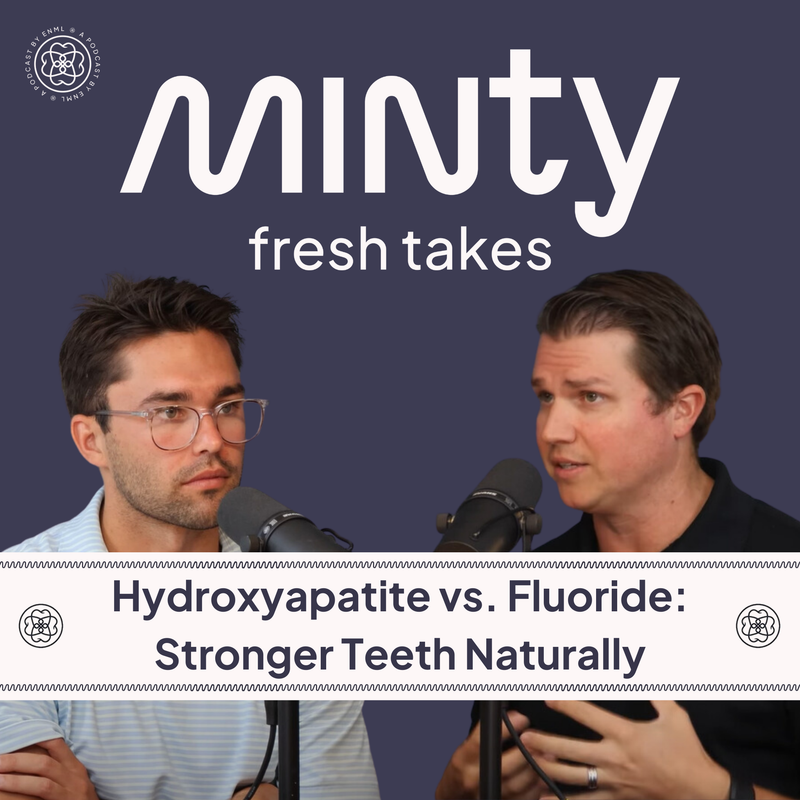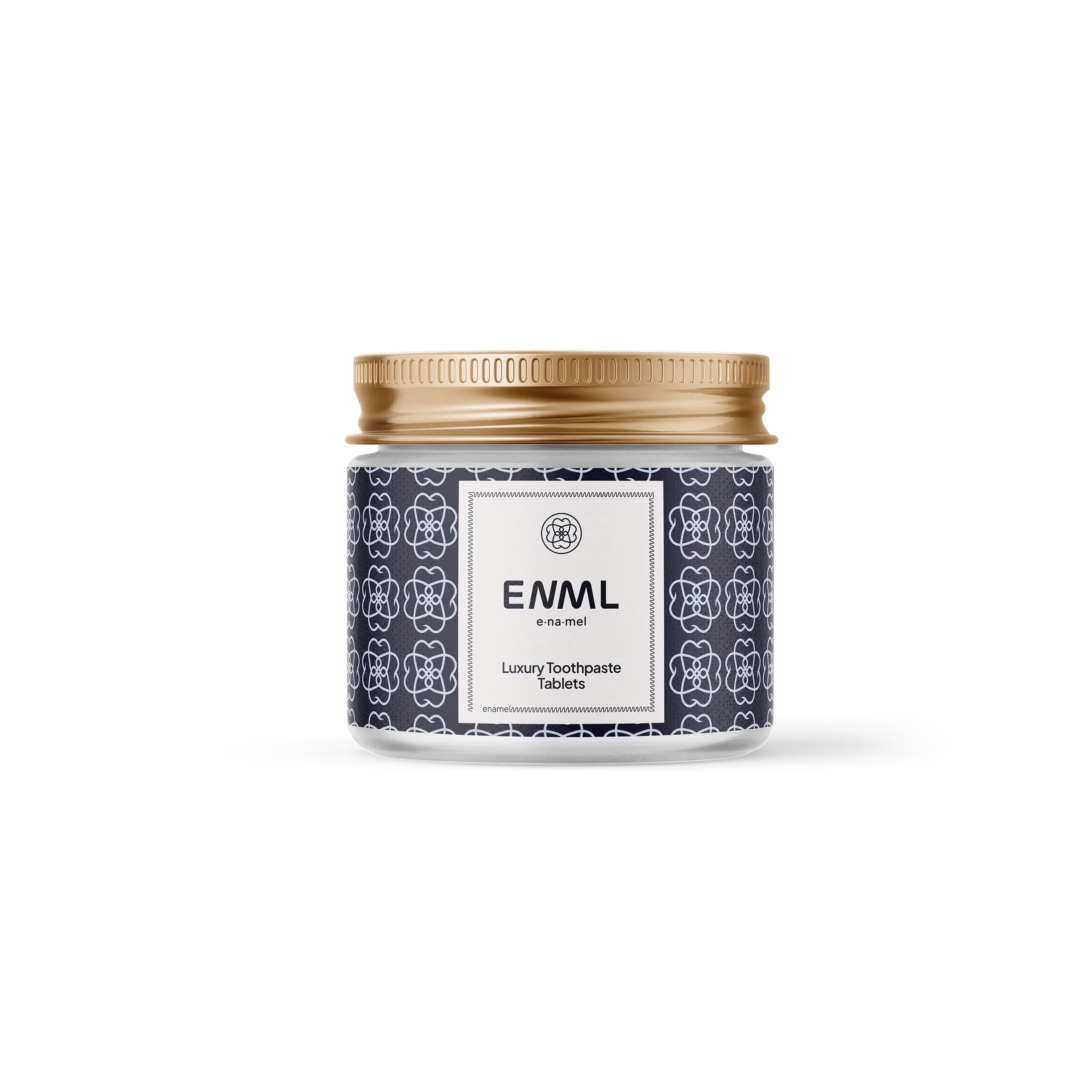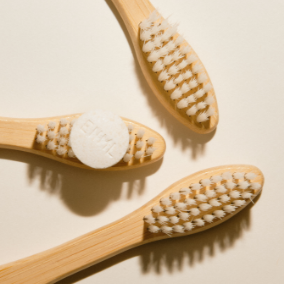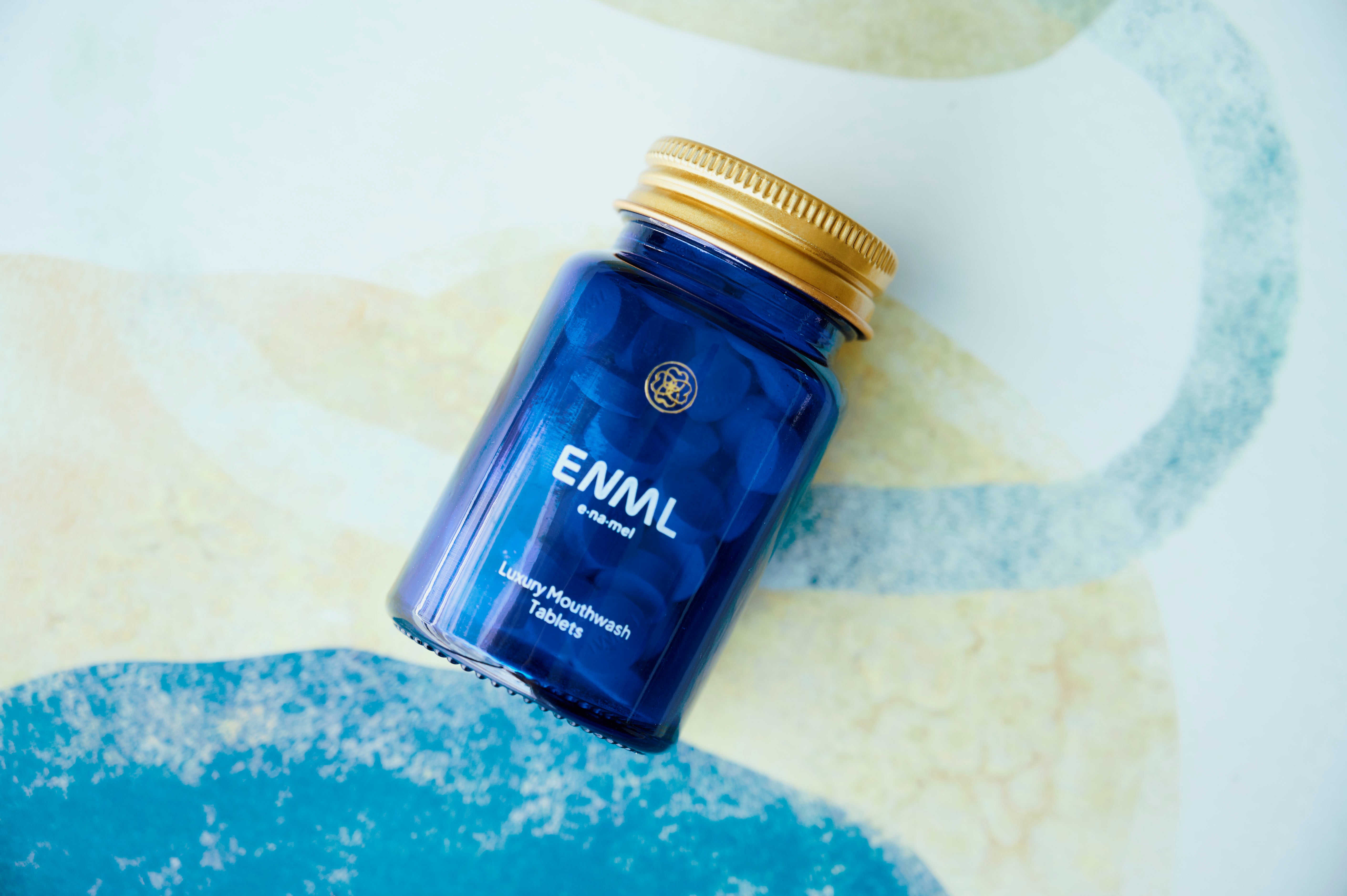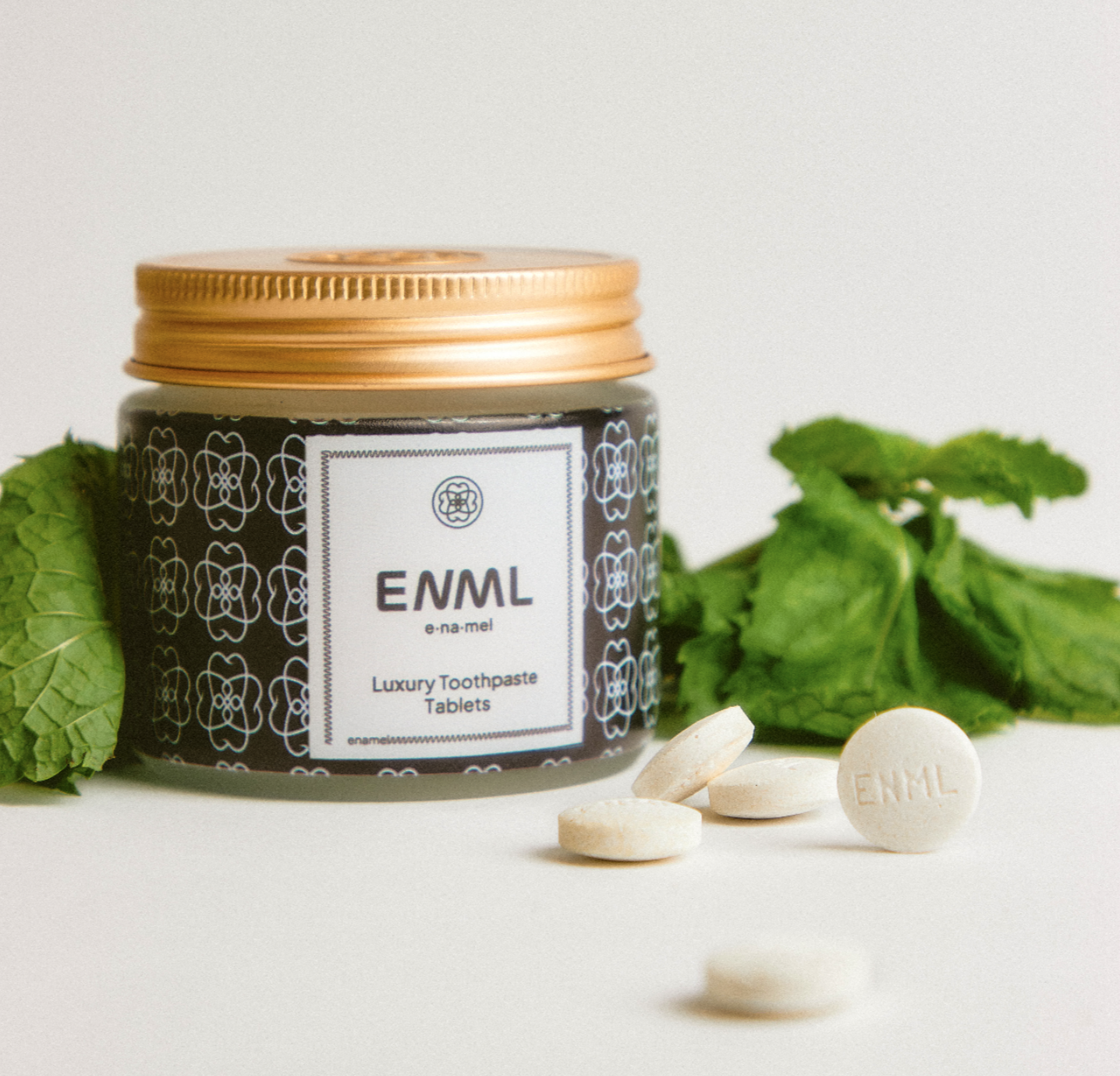Protecting your enamel is crucial to maintaining strong, healthy teeth. Fluoride has long been the standard solution, but recent advancements in dental care have introduced hydroxyapatite as a powerful and natural alternative. Dr. Jordan Harper explains how hydroxyapatite works and why it’s the superior choice for repairing and protecting your enamel.
Understanding Tooth Enamel and Why It Needs Protection
Enamel is the hard, outermost layer of your teeth that shields them from damage and decay. Daily activities such as consuming acidic foods and beverages, aggressive tooth brushing, and natural wear from chewing can erode this protective layer, leading to increased sensitivity and vulnerability to cavities.
How Fluoride Protects Enamel
Fluoride protects enamel through a chemical reaction with calcium and phosphate naturally present in saliva. This reaction forms a layer known as fluoro-hydroxyapatite, essentially providing a superficial coating that temporarily shields teeth from decay.
However, fluoride's protective layer is limited:
- It wears away with eating and drinking.
- It requires constant reapplication to maintain protection.
- It doesn't effectively repair enamel that's already significantly eroded or completely lost.
How Hydroxyapatite Provides Superior Protection
Hydroxyapatite is a naturally occurring mineral already present in your teeth, comprising approximately 97% of tooth enamel. Unlike fluoride, hydroxyapatite does not need additional compounds like calcium or phosphate to work. Instead, it naturally integrates into your enamel structure, actively repairing and reinforcing damaged areas at a microscopic level.
💡Related Post: The Science of Microhydroxyapatite: Transforming Oral Care Naturally
| Comparison | Fluoride | Hydroxyapatite |
|---|---|---|
| Enamel Integration | Creates a superficial coating that can wear off. | Naturally integrates and repairs enamel from within. |
| Repair Capability | Limited ability to repair significantly damaged or lost enamel. | Effectively fills microscopic cracks and can rebuild enamel even when severely eroded. |
| Chemical Dependency | Requires calcium and phosphate for its protective reaction. | Works independently without external chemical reactions. |
Why Switch to Hydroxyapatite?
Switching to hydroxyapatite-based toothpaste, such as ENML Toothpaste Tablets, offers several benefits:
- Permanent Enamel Repair: Continuous remineralization, leading to lasting enamel strength.
- Natural Whitening: Smooths and repairs enamel surfaces, reducing staining and naturally whitening teeth.
- Safety and Sustainability: Hydroxyapatite is biocompatible, fluoride-free, and eco-friendly, offering a safer long-term option for all ages.
💡Related Post: Why Hydroxyapatite Toothpaste Tablets Are Changing Oral Care
How Quickly Does Hydroxyapatite Improve Tooth Sensitivity?
Most users experience noticeable sensitivity relief within a week of regular use. Because hydroxyapatite actively repairs the enamel structure, continued use provides ongoing and enhanced protection.
Clinical Evidence Supporting Hydroxyapatite
Numerous studies have demonstrated hydroxyapatite’s superior ability to remineralize and repair enamel compared to traditional fluoride-based toothpaste. Dental professionals increasingly recognize hydroxyapatite as a highly effective, scientifically validated option for enamel restoration and cavity prevention.
How to Incorporate Hydroxyapatite into Your Daily Routine
Using ENML Toothpaste Tablets is simple and convenient:
- Gently chew one tablet until it dissolves.
- Brush with a wet toothbrush for two minutes.
- Spit and rinse.
- Use twice daily for optimal results.
Who Benefits Most from Hydroxyapatite?
Hydroxyapatite toothpaste is ideal for anyone seeking:
- Long-term, effective enamel repair
- Natural sensitivity relief
- Eco-friendly, fluoride-free dental care
- Improved overall dental health
Upgrade Your Oral Care with Hydroxyapatite
If you're currently using fluoride-based toothpaste but want a more effective, lasting solution, hydroxyapatite provides the natural, powerful enamel protection your teeth deserve. By choosing hydroxyapatite-based toothpaste tablets, you're investing in a healthier, stronger smile for the long term.
Ready to experience superior oral care? Explore ENML Toothpaste Tablets today.

